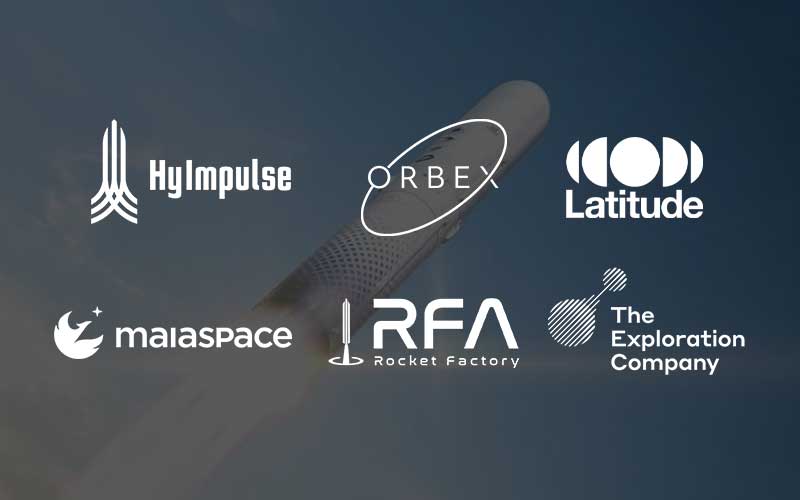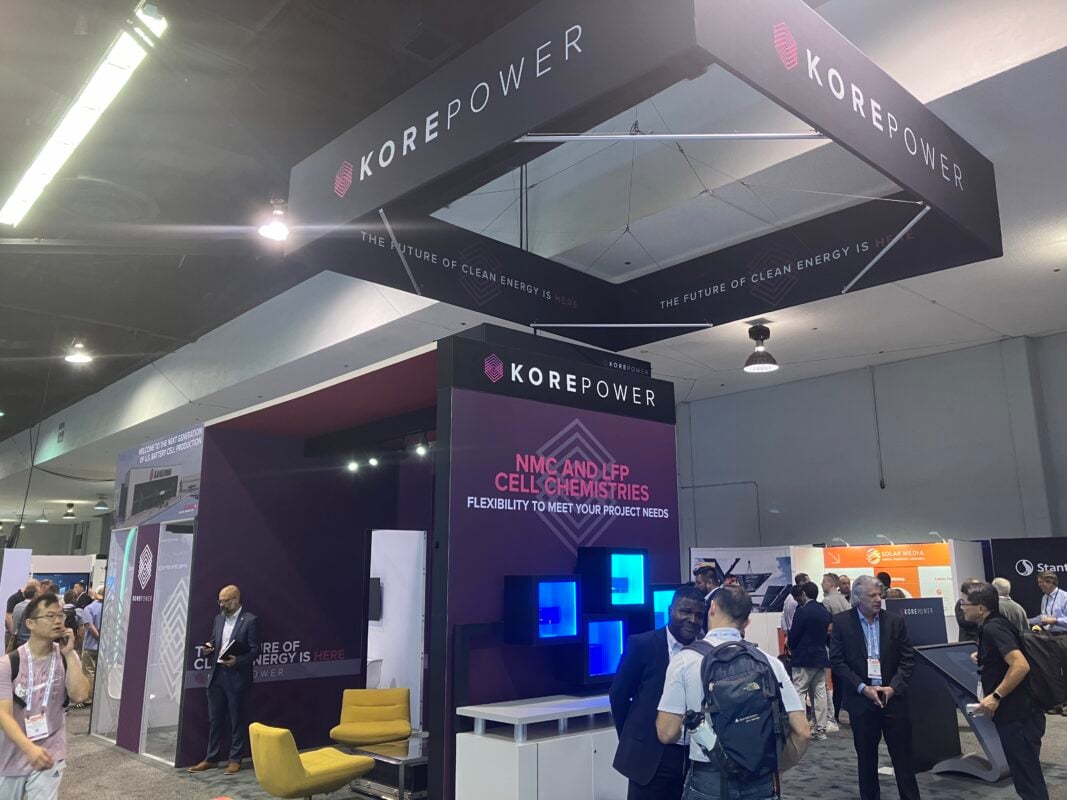Summary:
Open letter from six European launch startups to ESA highlights key priorities for the European Launcher Challenge.
Substantial funding commitment is essential to support ambitious payload demonstrations by 2025.
Access to launch pads in Kourou is crucial for operational independence.
Focus on service contracts for capacity demonstration and launch agreements to ensure accountability.
A cultural shift towards speed and innovation is vital for Europe's competitiveness.

Six European launch startups have penned an open letter to the European Space Agency (ESA), urging crucial considerations for the European Launcher Challenge (ELC) implementation.
Strengthening Europe’s Launch Industry
Key Priorities to Shape the Implementation of the European Launcher Challenge
With the draft resolution for European space transportation shared with member states, the path to the opening of the ELC invitation to tender by February 2025 has been outlined. To fine-tune the implementation proposal, the following three elements are crucial:
- Substantial Funding Commitment: To enable ambitious medium or heavy lift payload performance demonstrations to Low Earth Orbit (LEO) before the decade’s end, the current funding levels are insufficient. Awardees should receive more than €150 million in ESA co-funding to help secure around €1 billion in total funding with private investors.
- Access to Launch Pads at CSG: Securing a launch pad in Kourou under private operation is essential for ensuring independence and operational flexibility for European launchers. The EU should also create conditions for launching European institutional payloads from strategic non-EU locations, such as Norway and the United Kingdom.
- Service-Type Contracts for Capacity Demonstration and Launch Agreements: The ELC’s implementation must focus on service contracts for capacity demonstration and launch agreements. Progress should be measured by actual results based on predefined success criteria and technical milestones, ensuring accountability and tangible progress.
It is crucial to ensure that the following agreed-upon elements remain unchanged:
- Limit the Number of Awardees: Support should be focused on a select group of the most promising companies to avoid spreading demand too thin.
- No Payload Performance Limits for Companies: Companies should have the freedom to determine their payload capabilities, allowing market dynamics to drive innovation.
- A Shift in Mindset – Need for Speed: Europe must embrace a cultural shift towards speed and innovation to compete globally. Laws and regulations should be evaluated based on their ability to accelerate progress, with speed as the primary KPI.
- Selection Criteria: Focus should be on technical and commercial progress, with other factors like fundraising capabilities and sustainability considered carefully.
HyImpulse, Latitude, MaiaSpace, Orbex, RFA, and The Exploration Company believe these steps are essential to strengthening Europe’s launcher industry, ensuring sustainable competitiveness in the medium term. They stand ready to contribute their expertise and collaborate on achieving these goals.






Comments